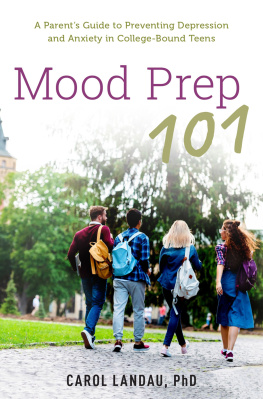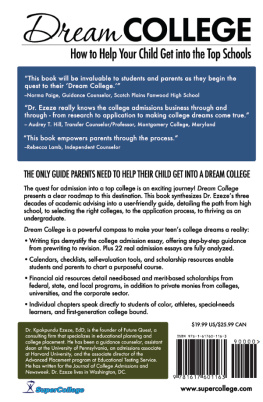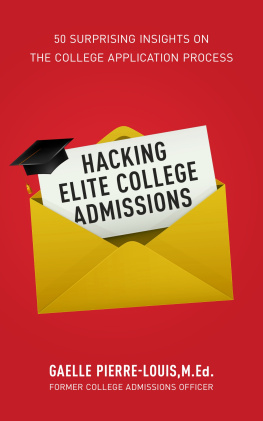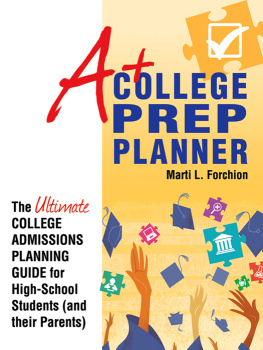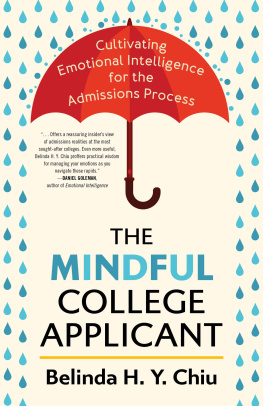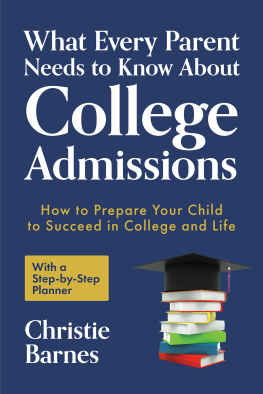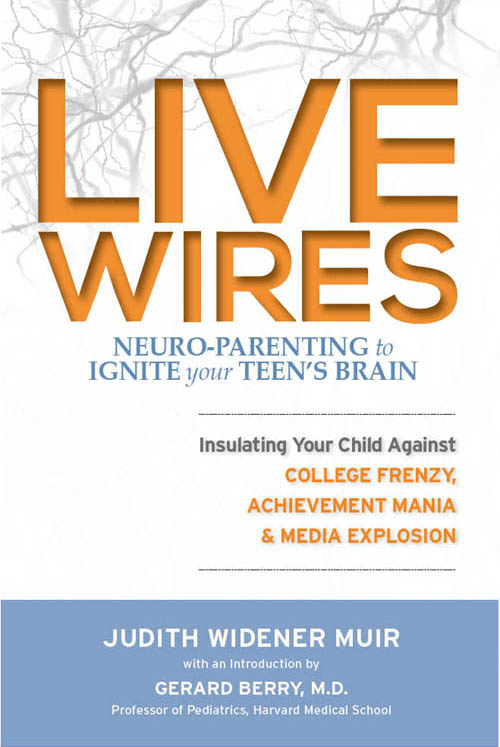LIVE
WIRES
NEURO-PARENTING to IGNITE your TEENS BRAIN
To the grand founders of our family
Moms and Pops alike
who remain with us in spirit, a whispered thanks.
It is still a beautiful world.
To my amazing children and precious grandchildren
strive for a life of excellence, not a life of ease;
many confuse the two.
Find peace. Find happiness in each other.
To my husband, my partner in parenting, thank you
for believing in me even before I believed in myself.
NEURO-PARENTING
Parenting strategies based on
neuroscience research which confirms that
the brain wires what it experiences
for good or bad.

| bright sky press HOUSTON, TEXAS |
2365 Rice Blvd., Suite 202
Houston, Texas 77005
Copyright 2012 Judith Widener Muir
No part of this book may be reproduced in any form or by any electronic or mechanical means, including information storage and retrieval devices or systems, without prior written permission from the publisher, except that brief passages may be quoted for reviews.
The excerpts from student essays that appear in the following pages may not be replicated in any format except short quotes used for review purposes without the express written permission of the publisher.
Professional counseling requires context and attention to the particular circumstances of the individual involved. Any perceived advice regarding college admissions found in the following pages is solely the opinion of the author and should not be considered or relied upon as professional counseling.
Library of Congress Cataloging-in-Publication Data on file with publisher.
ISBN 978-1-939055-03-3
10 9 8 7 6 5 4 3 2 1
Editorial Direction, Lucy Herring Chambers
Creative Direction, Ellen Peeples Cregan
Design, Marla Garcia
Printed in Canada through Friesens
LIVE
WIRES
NEURO-PARENTINGtoIGNITEyourTEENS BRAIN
Insulating Your Child Against
COLLEGE FRENZY,
ACHIEVEMENT MANIA
& MEDIA EXPLOSION
JUDITH WIDENER MUIR
with an Introduction by
GERARD T. BERRY, M.D.
Professor of Pediatrics, Harvard Medical School

TABLE OF CONTENTS
Gerard T. Berry, M.D.,
Professor of Pediatrics, Harvard Medical School
INTRODUCTION
The still to be explored and veritable last frontier is the human brain/mind. It is the stuff that makes us special. No where else in our human bodies do the combinations of genetics and environment, programmed gene expression and development, plasticity and epigenetics work their magic to produce a life which expresses consciousness, cognition, language and feelings.
With her foray into the world of neuroscience, brain circuitry and epigenetics, as it applies to the developing adolescent, Judith (Judy) Widener Muir has produced a remarkable work, a blueprint on how the parent or educator should view the pliable but resilient mind of the teenager. She reviews these concepts in a clear and concise manner making it easy for the non-scientist to grasp the essence of her message and instructions.
She invites parents and educators to take a glimpse of the new field of epigenetics and see what its implications are for our teenagers. We are all born with chromosomal DNA inherited from our parents and conferring traits as well as the propensities for health and disease. Epigenetics informs us that gene expressionor the signals that hard-wired heritable elements emitcan be modified by environmental factors. While this pliability is especially pertinent in prenatal life, many neuroscientists believe that man is capable of altering or modifying gene expression in the brain even as an adult. In other words, one can, through learning and repetition, alter ones brain circuitry. This genetic quality could in fact be the molecular basis for the rehabilitation of the stroke victim. Implications abound for the impact of the teenagers environment on his or her health, education, and welfare.
Folk wisdom and common sense tell us that early childhood training could increase a childs ability to maximize his or her potential, but science now provides more windows onto why. Discoveries raise new questions, and information does not always have a direct route to becoming general knowledge and affecting practice. Interested parents, educators, doctors and scientists often struggle to incorporate new information into their specific fields because partner groups may not be as familiar with new information or may not be aware of its potential impact.
With her unique perspective as a mother, grandmother, educator and graduate of Harvard Universitys interdisciplinary Mind, Brain and Education program, Muir has processed and distilled information on epigenetics, neuroscience, parenting and college admissions in a way that gives it particular relevance for the parents of teenagers. Amalgamating psycho-social issues with family-child health issues, she blends and translates two areas of study that have not always seen eye-to-eye in the past. How can parents and educators create environments that allow the brains plasticity to produce optimal genetic flourish? The information that Muir brings together in Live Wires represents years of broad research and focused experience. In accessible terminology, she opens the way for parents to create a home life that helps their child to learn, for educators to schedule classes and develop activities in a way that can make lasting impact on a childs passion for learning and success in school, and even for physicians to make new connections about the role of environment in a childs development.
Brain plasticity may allow us to adapt at different points in our lives. We can improve the wellbeing of the next generation when we learn how the functioning of biochemical systems can be supported to help a child become a better person and have a better life. When Muir looks at the ramifications of this information from her point of view as an Independent Educational Consultant, she compels us to take a hard look at our personal values and how we transmit them to our children. The college admission process, in particular, is notably stressful on teenagers and parents. Inadvertently, and with the best intentions, parents can make it more difficultand in fact can hinder their childs ability to get into the best possible collegebecause unexamined values and a lack of understanding of scientific principles can lead them to create negative environments for their children.
Even in the best of times, college admission is a field filled with land mines. Inhabited by several groupsteens, parents, teachers, counselors, administrators and college admission officersmystery surrounds it; and a pervasive belief that it is the key to success weights it with import. It has become a lightning rod in recent years due to world economic conditions and the loss of profitable blue-collar careers. Parents and schools experience pressure to prepare teenagers specifically for college entrance, and often the way in which this preparation manifests runs counter to what science has shown us is healthy or productive for the developing adolescent brain.


